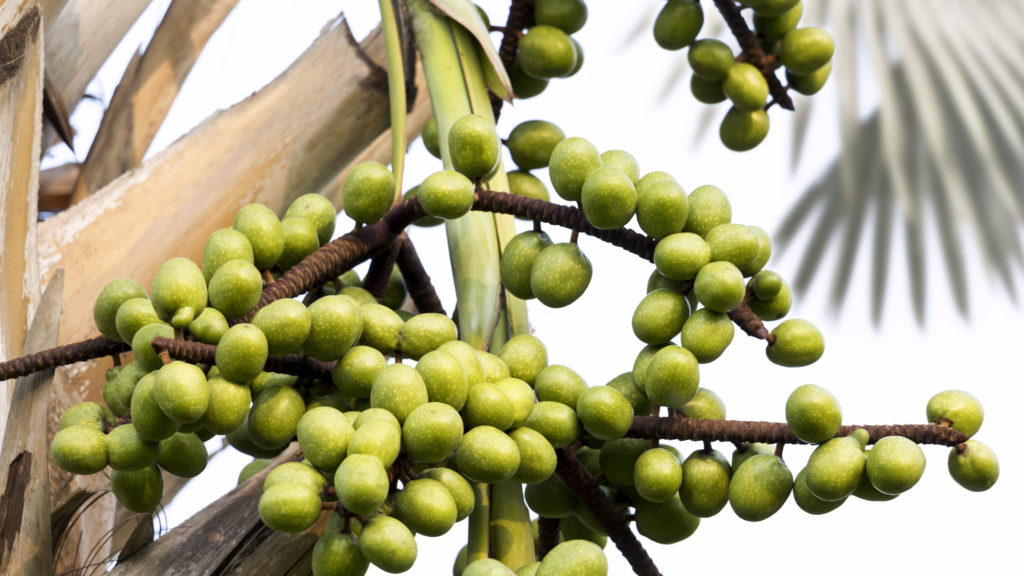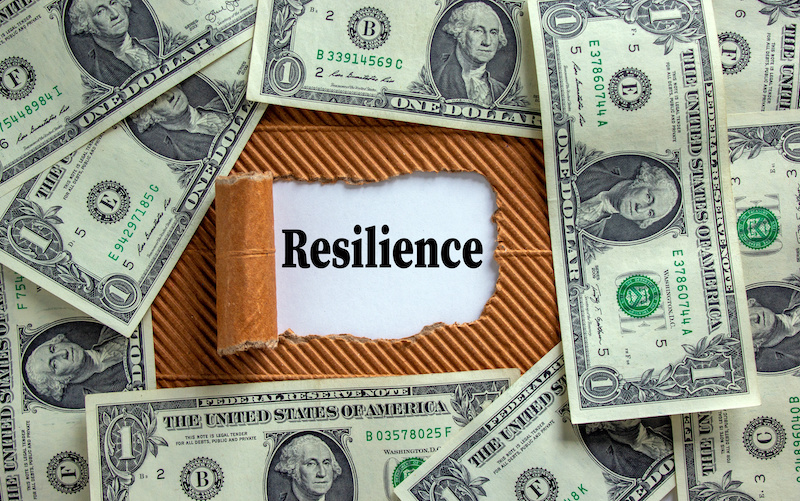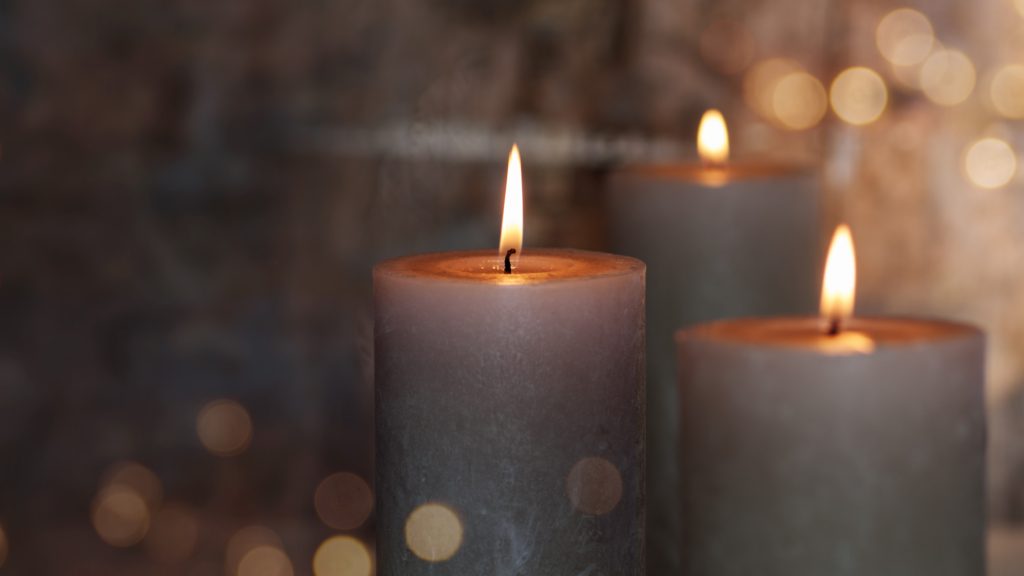Palmetto Berry Poachers Arrested
Tony WintonSeptember 16, 2019

In undated file photo, Palmetto berries are seen growing (Adobe)
Alleged palmetto berry poachers were the cause of an intense ground, air and canine search at Bill Baggs Cape Florida State Park Thursday, leading to two arrests, authorities said. Some social media posts incorrectly stated the popular park was on lockdown, although gates were briefly closed.
The extract from the berries is a popular herbal supplement sought for the treatment of enlarged prostate. Some claim it can also boost one’s sex drive, but medical evidence for both claims is lacking.
Florida Fish and Wildlife Commission spokesman Ron Washington said a park employee approached the subjects, who then fled. FWC officers chased, calling in support from a Miami-Dade County helicopter and a K-9 unit. Key Biscayne Police assisted with a “loose perimeter” outside the park, and the entrance was briefly closed, officials said.
The subjects, whom authorities did not identify, were charged with unlawfully collecting plant specimens, resisting arrest without violence, and interference with an FWC officer, Washington said.
“They just fled, Miami-Dade County came in as backup, and it just took a long time to effect the arrest,” he said.
Some social media posts said the park was on lockdown, but that is incorrect, said Assistant Superintendent Lu Dodson. “Park patrons were not instructed to do anything,” she said.
WhatsApp messages flooded island smartphones as law enforcement pursued the poachers, often with incorrect information.
There were conflicting reports about a third subject. Park officials said they believed a person was charged with loitering, but Miami-Dade County police said deputies made no arrests.
Palmetto berries are considered a “commercially exploited” plant in Florida, and a year ago, the Department of Agriculture and Consumer Services imposed a permit requirement for harvesting berries, even on one’s own property. The permit is free.
Palmetto berry theft has been a growing problem in other parks. The berries can fetch high prices – reportedly as high as $3 a pound. But berries are also a staple for wildlife, particularly bears.


